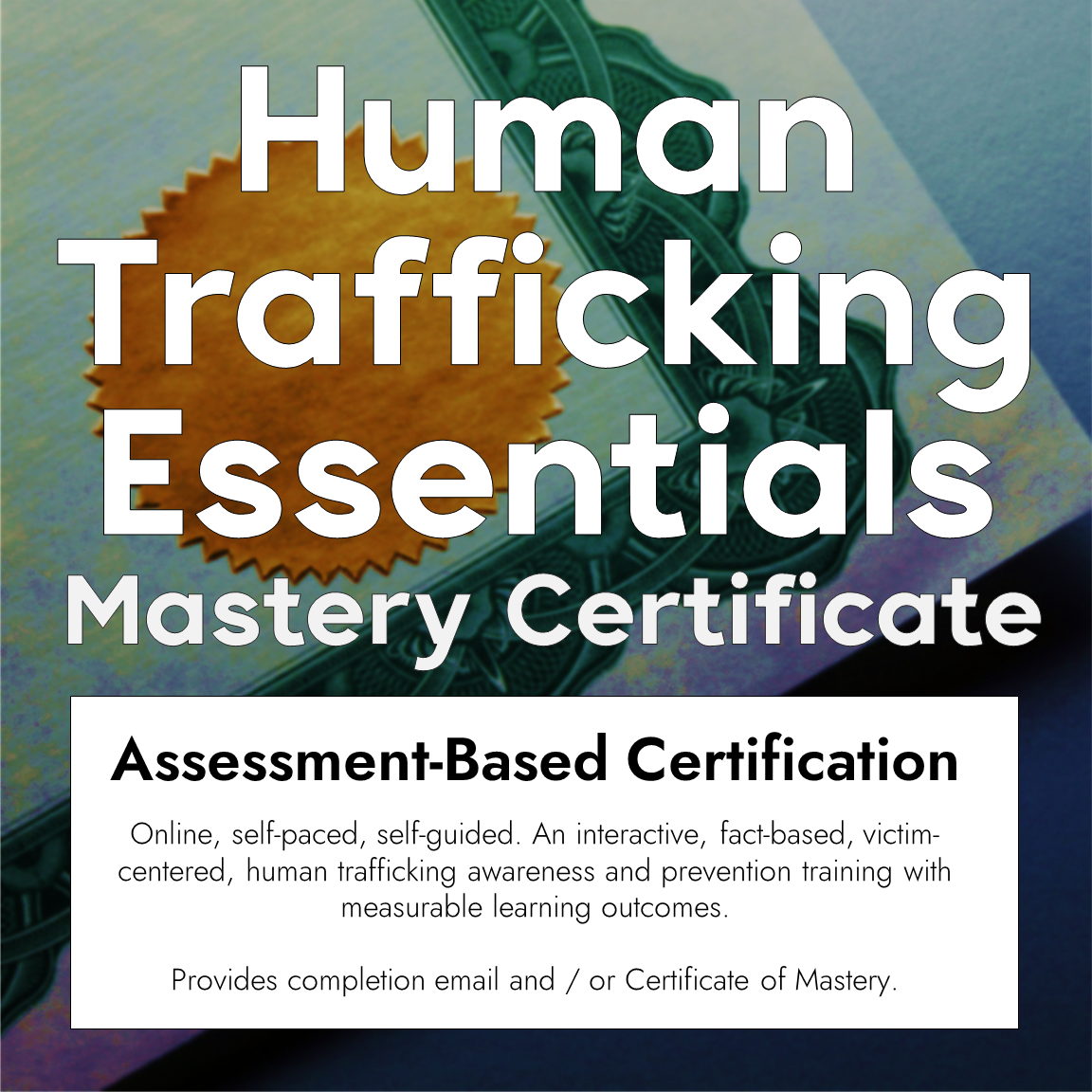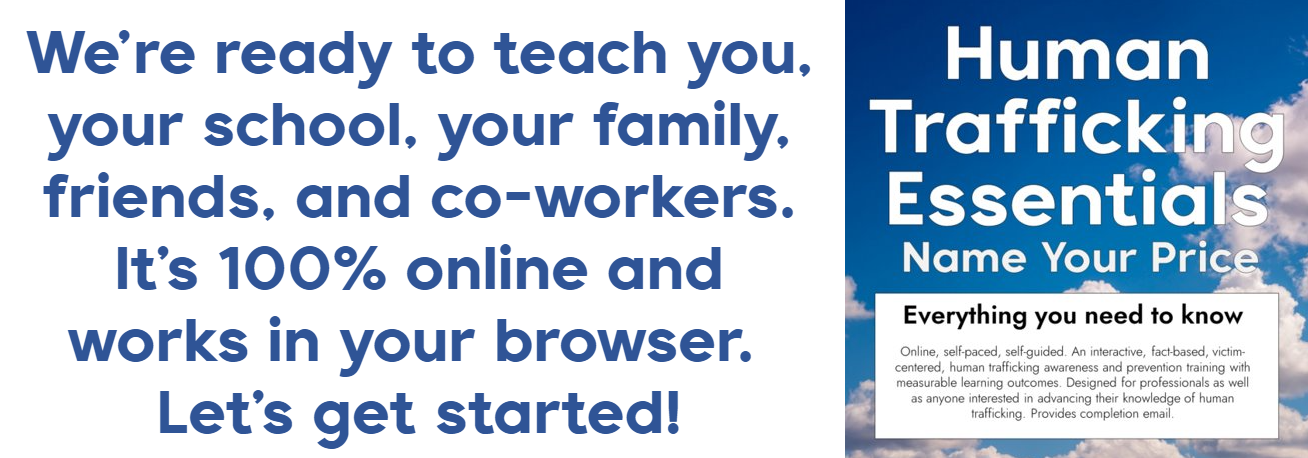Trafficked and tortured, thousands forced to scam in SE Asia

The BBC recounts the findings from a UN report that details how hundreds of thousands of people from around the world are lured to Southeast Asia through false promises and then trafficked to run online scams under severe threat.
“People who have been trafficked into online forced criminality… are subject to torture and cruel inhuman and degrading treatment or punishment, arbitrary detention, sexual violence, forced labor and other forms of labor exploitation as well as a range of other human rights violations and abuses.”
The mastermind tactics behind the scheme
The scale of people who are trafficked into these schemes is insurmountable. The criminal gangs leading the operations use mastermind tactics to optimize its number of victims.
The COVID-19 pandemic created the perfect storm to target millions due to the extraordinary rise in people spending time online while stuck in their homes. Scammers also took advantage of businesses being shut down and the reduced job opportunities for recent graduates.
Another tactic criminal gangs use to their advantage is to target people that are in jurisdictions where governance and rule of law are weak. The UN reports:
“Existing regulations in many Southeast Asian countries often fall short of international standards and have ‘in large part' failed to respond adequately to how online scam operations have evolved since the pandemic”
Traditionally, the profiles of people who are trafficked often have less access to education and are in low wage work, but the profiles of people trafficked into these scam operations is different. Many are well educated, from professional jobs, hold graduate degrees, are multi-lingual, and computer literate. Therefore, it is a challenge for governments to understand and adapt to the new and irregular channels in which people are being targeted and trafficked.
Deception and violence
Many who are trafficked believe they are being recruited to legitimate jobs because they see advertisements on trusted social media platforms like Facebook and Instagram. The advertisements are often decorated with attractive salaries, regular bonuses, and free accommodation. Of course, this is far from the truth.
Reports disclose victim's passports and mobile phones being confiscated, limited food and drinking water, cramped living accommodations, and access to medical treatment inadequate. As a result of the inhumane conditions, some victims have died. Further, many people are physically and psychologically punished for failing to obey orders, compound rules, or meet scamming targets.
A human rights-based response
The UN report acknowledges that:
“The enormous scale of the situation – cumulatively amounting to hundreds of thousands of people across the region who have fallen victim to this complex form of trafficking since 2021 – has undoubtedly contributed to the inadequate response.”
Efforts to strengthen the protection and promotion of human rights and to improve governance and the rule of law must be at the center in the response to combat these scamming and trafficking operations.
This “Eyes on Trafficking” story is reprinted from its original online location.
Fair Use Notice: The PBJ Learning Knowledge Vault is dedicated to advancing understanding of various social justice issues, including human trafficking and related topics. Some of the material presented on this website may contain copyrighted material, the use of which has not always been specifically authorized by the copyright owner. We are making such material available in our efforts to promote education and awareness of these important issues. There is no other central database we are aware of, so we put this together for both historical and research purposes. Articles are categorized and tagged for ease of use. We believe that this constitutes a ‘fair use' of any such copyrighted material as provided for in section 107 of the US Copyright Law. In accordance with Title 17 U.S.C. Section 107, the material on this site is distributed without profit to those who have expressed a prior interest in receiving the included information for research and educational purposes. For more information on fair use, please visit: “17 U.S. Code § 107 – Limitations on exclusive rights” on Cornell Law School's Legal Information Institute.

ABOUT PBJ LEARNING
PBJ Learning is a leading provider of online human trafficking training, focusing on awareness and prevention education. Their interactive Human Trafficking Essentials online course is used worldwide to educate professionals and individuals how to recognize human trafficking and how to respond to potential victims. Learn on any web browser (even your mobile phone) at any time.
More stories like this can be found in your PBJ Learning Knowledge Vault.
EYES ON TRAFFICKING
This “Eyes on Trafficking” story is reprinted from its original online location.
ABOUT PBJ LEARNING
PBJ Learning is a leading provider of online human trafficking training, focusing on awareness and prevention education. Their interactive Human Trafficking Essentials online course is used worldwide to educate professionals and individuals how to recognize human trafficking and how to respond to potential victims. Learn on any web browser (even your mobile phone) at any time.
More stories like this can be found in your PBJ Learning Knowledge Vault.

